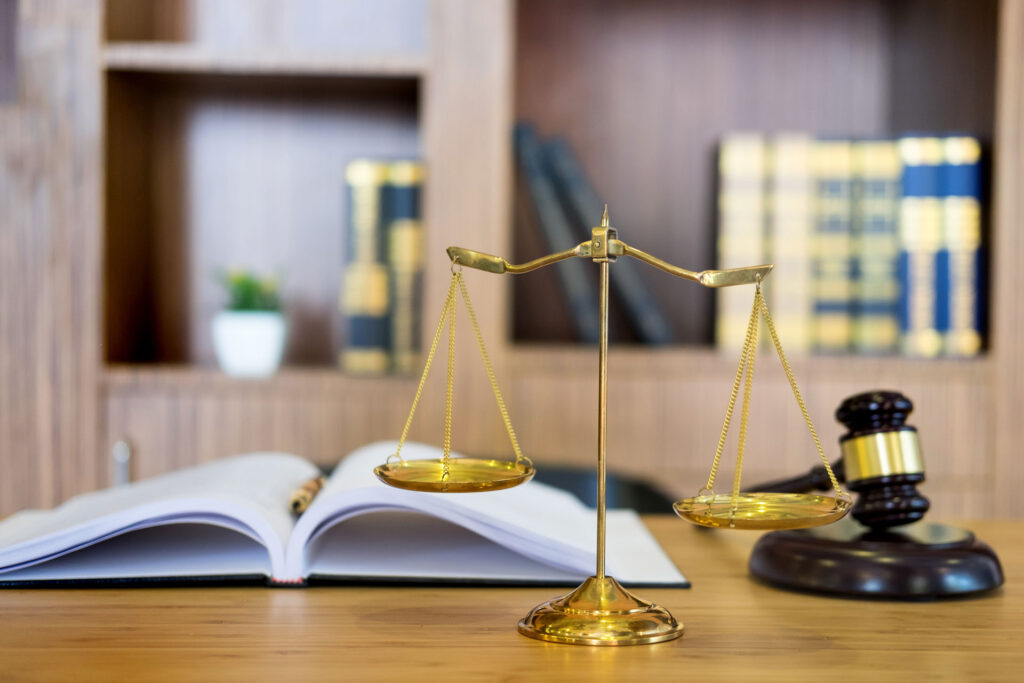One of the most beneficial aspects of successfully filing for bankruptcy is the ability to discharge your unpaid debts. Not only will your unsecured debts be forgiven, but you will also stop receiving harassing phone calls from debt collectors. At Todd Cushner & Associates, our bankruptcy litigation experts can help ensure all your unsecured debts are properly discharged, enabling you to take a significant leap toward financial stability.
What Is a Discharge in Bankruptcy?
A bankruptcy discharge releases the debtor from personal liability for certain specified types of debts. In other words, the debtor is no longer legally required to pay any debts that are discharged. The discharge is a permanent order prohibiting the creditors of the debtor from taking any form of collection action on discharged debts, including legal action and communications with the debtor, such as telephone calls, letters, and personal contacts.

What Forms of Debt Can Be Discharged Through Bankruptcy?
There is a good chance that many of your debts are unsecured debts and are therefore eligible for discharge through bankruptcy. Some of the unsecured debts that can be discharged through bankruptcy include:
- Credit card payments
- Medical expenses
- Utility bills such as telephone, electric, and other related expenses
- Personal loans
- Student loans
- Non-delinquent income taxes

How Does the Debtor Get a Discharge?
Unless there is litigation involving objections to the discharge, the debtor will usually automatically receive a discharge. The Federal Rules of Bankruptcy Procedure provide for the clerk of the bankruptcy court to mail a copy of the order of discharge to all creditors, the U.S. trustee, the trustee in the case, and the trustee’s attorney, if any. The debtor and the debtor’s attorney also receive copies of the discharge order. The notice, which is simply a copy of the final order of discharge, is not specific as to those debts determined by the court to be non-dischargeable, i.e., not covered by the discharge. The notice informs creditors generally that the debts owed to them have been discharged and that they should not attempt any further collection. They are cautioned in the notice that continuing collection efforts could subject them to punishment for contempt. Any inadvertent failure on the part of the clerk to send the debtor or any creditor a copy of the discharge order promptly within the time required by the rules does not affect the validity of the order granting the discharge.
Learn More: Can I Discharge My Debt Through Bankruptcy?
How We Help You Deal With Debt Collectors
Bankruptcy Simplified
At Todd Cushner & Associates, we pride ourselves in making the bankruptcy process as stress-free as possible for each of our clients. Our personalized approach and years of experience help ensure you attain the debt relief you deserve. Contact us today to schedule a free consultation so we can show you how easy the bankruptcy process can be.

